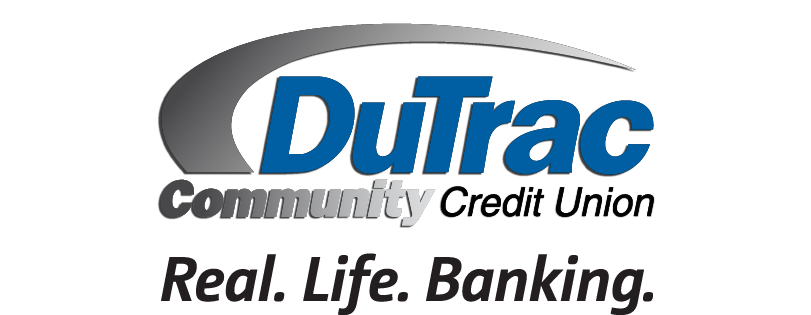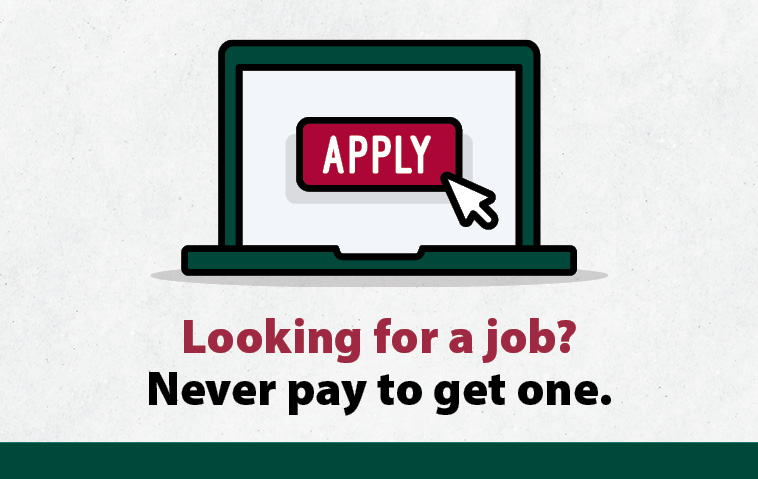You got the job! Work from home and earn top dollar. They already sent you a big check to buy supplies. (“Send us whatever is left, probably around $1,000,” they said.) If your alarm bells are clanging — great. This dream job has earmarks of a job scam.
Last year, tens of thousands of people reported business and job opportunity scams to the FTC, making them one of the Top 10 frauds reported to the FTC in 2022.
The scams show up as offers to help you start your own business or earn big bucks working from home. Some are pyramid schemes in which promoters claim you can make good money by selling their products, but your earnings really depend on you recruiting new participants. Other scams are fake job listings or employment services aimed at tricking you into handing over your money and personal information.
In 2022, people told the FTC they lost $367 million to business and job opportunity scams, a nearly 76% increase from 2021. What’s more, the median loss was a whopping $2,000. Compare that to the $650 median loss for all fraud types combined in 2022.
There’s no sure-fire way to detect business or job opportunity scams, but these steps can help you decide whether an opportunity is the real deal or a scheme to get your money and personal information:
- Do your own research. Don’t accept any job offer until you’ve checked it out. Scammers pretend to be both well-known and smaller companies, posting jobs on employment websites. So, reach out to the company directly using contact information you know is legit.
- Never bank on a “cleared” check. No honest employer will ever send you a check and then tell you to buy supplies, gift cards, or something else and send back whatever money is left. That’s a fake check scam. The check will bounce, and the bank will want you to repay the amount of the fake check.
Learn more at ftc.gov/JobScams. And, if you spot a scam, please tell us at ReportFraud.ftc.gov.
If you feel you may have been the victim of fraud, contact our Fraud Specialist at fraud@dutrac.org or visit any DuTrac location.
Article by Seena Gressin, Attorney, Division of Consumer and Business Education, FTC

